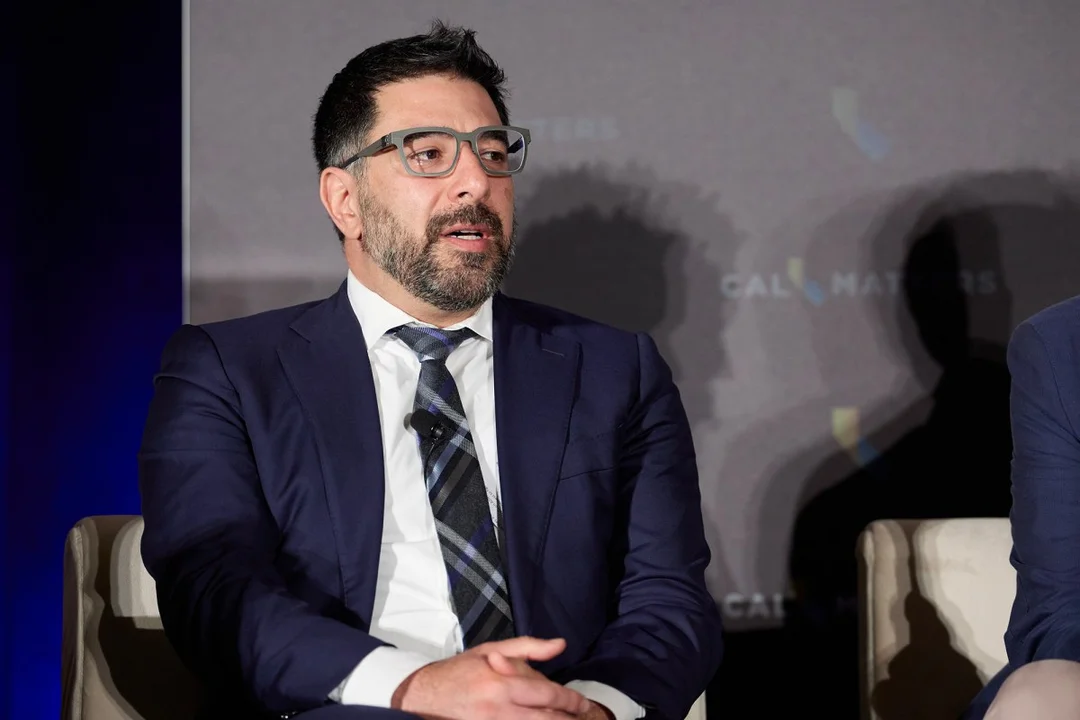
Can Big Tech Outmaneuver State Regulators on AI?
In a high-stakes tug-of-war over artificial intelligence regulation, tech giants are pushing back against California's ambitious efforts to curb AI risks, raising questions about who truly controls the future of innovation and privacy.
California has long positioned itself as a trailblazer in tech oversight, but Big Tech's recent maneuvers in Washington are challenging this dominance. Companies like OpenAI and Meta are advocating for federal regulations that could override stricter state laws, citing the need for uniformity to boost innovation amid global competition, particularly with China. This shift comes as California's lawmakers, led by figures like State Sen. Scott Wiener, warn that weak federal rules might prioritize corporate interests over public safety. Wiener, who spearheaded a vetoed AI safety bill last year, told POLITICO that any congressional action could 'give large tech companies free rein,' highlighting the tension between state-level protections and national policy.
The debate intensified with recent updates from the California Privacy Protection Agency (CPPA) on the California Consumer Privacy Act (CCPA) regulations. These revisions narrow the scope of automated decision-making technology (ADMT), excluding tools that merely support human decisions, such as basic spreadsheets, to avoid overburdening businesses. However, requirements for risk assessments on sensitive issues—like profiling in healthcare facilities or protecting children from addictive AI—remain intact. This adjustment reflects feedback from stakeholders, aiming to balance innovation with consumer rights. As one industry representative noted, the goal is to prevent a 'patchwork' of state regulations that could hinder tech's global edge, especially in national security contexts.
Comparisons to past battles, like California's 2018 privacy laws that became a national standard, underscore the stakes. Back then, federal preemption failed, leaving California as the de facto regulator. Now, with AI's rapid growth, tech lobbyists are playing the geopolitical card, arguing that fragmented rules could weaken U.S. leadership against China. Yet, critics like Andrew Freedman from AI safety nonprofit Fathom see potential for states to drive a 'national' policy indirectly. This internal industry conflict—between those favoring minimal regulation and others open to oversight—complicates efforts, as warned by Dean Ball, a White House adviser, who cautioned that aggressive preemption might backfire with even tougher federal mandates.
As California's legislators, including Sen. Josh Becker, push bills to limit AI's impact on kids and enforce copyright transparency, the broader implications for businesses are clear. Employers may face new opt-out rights for ADMT in hiring or monitoring, potentially increasing compliance costs. This evolving landscape not only affects tech firms but also sets precedents for privacy and discrimination safeguards nationwide.
Ultimately, this clash could redefine AI governance, determining whether innovation thrives under uniform federal rules or diverse state protections. As regulations like the CPPA's draft, set for finalization by November 2025, take shape, one thing is certain: the balance between tech advancement and public welfare hangs in the balance. What do you think—should federal oversight prevail, or do states like California hold the key? Share your views in the comments and help shape the conversation.